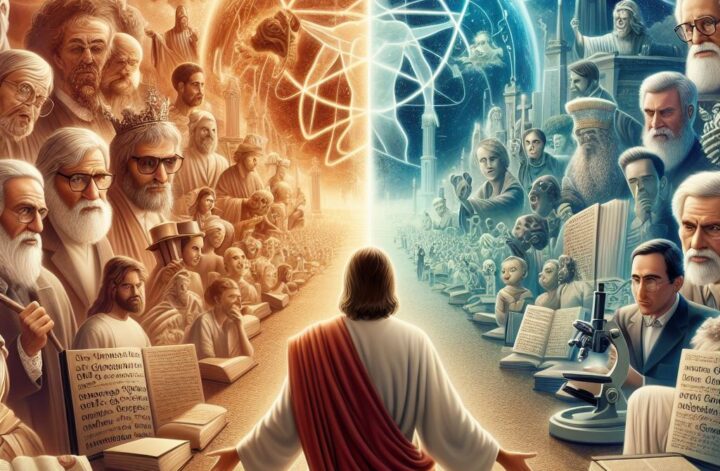The Undifferentiated Adam
No other literature has shaped our world quite like Genesis 2 and 3. These two chapters have generated extensive analysis, and people approach them from diverse perspectives. Some assert that the story underpins the idea of women’s ontological inferiority, arguing that “God made the woman for the man.” In contrast, many readers draw entirely different conclusions from the same text. In this piece, I will demonstrate why I believe Genesis 2 does not teach the inferiority or subordination of women.
These chapters tell the famous story of the creation of Adam and Eve, the first human parents in the narrative world of Genesis. It will benefit readers to keep a few things in mind as we proceed. The word adam is borrowed from the Hebrew language. In the passages we will explore, adam has multiple roles. Sometimes, it refers to the male human in the passage. Other times, it refers to the couple, the man and the woman. It also can refer to the undifferentiated, genderless human – the being from whom Eve was formed. In this entry, I shall use the pronoun “it” to describe the adam, except where gender is implied. The other thing to watch out for is this passage’s narrator’s use of wordplay, significantly contributing to the message. Two instances of paronomasia would prove critical to understanding the narrative. Let’s begin where the actions start in Genesis 2:


